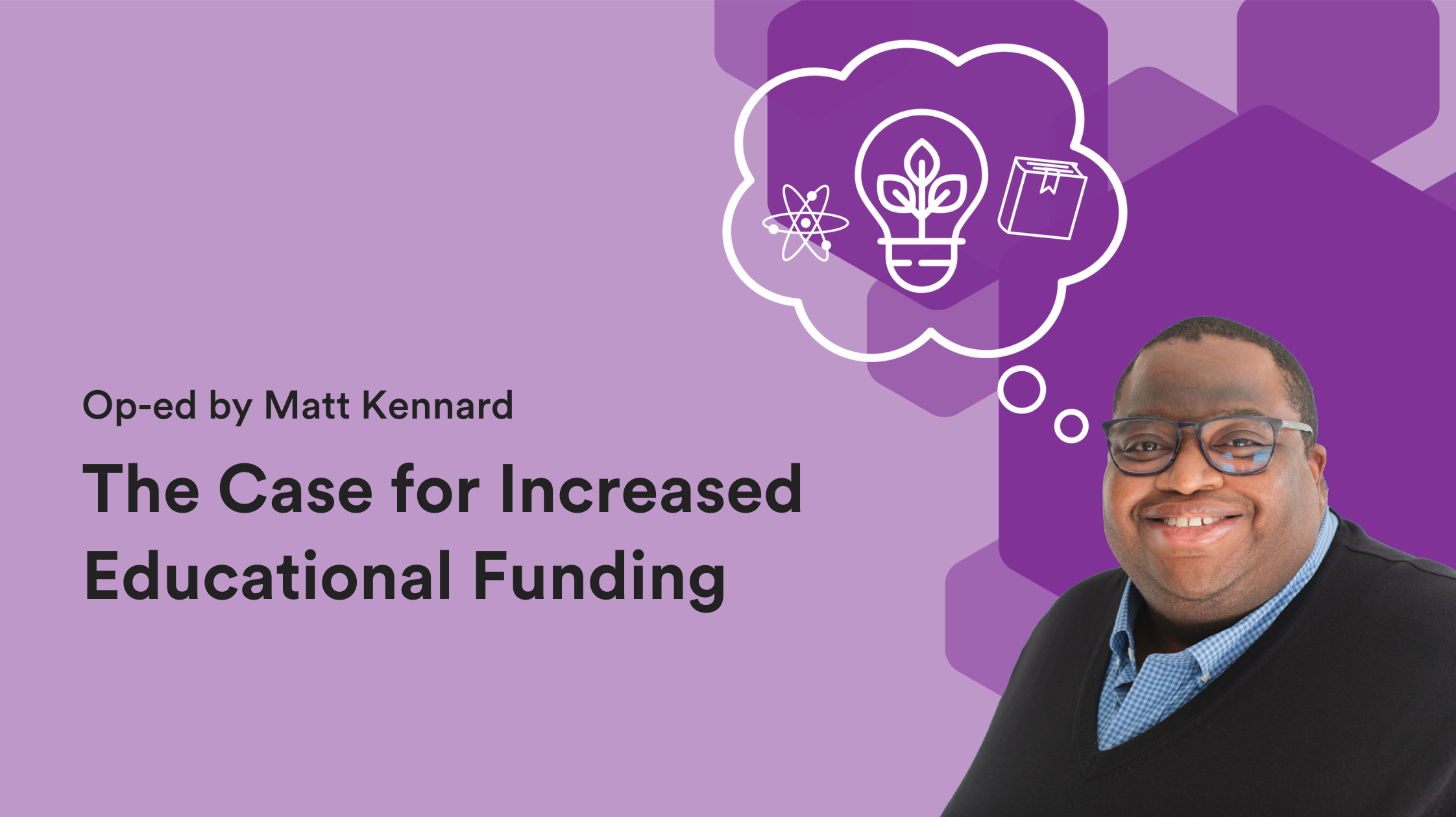As we sort through the aftermath of the pandemic, it has become increasingly evident that the road to educational equity and excellence demands a significant shift in our approach to funding. As the CEO of BetterLesson, a company deeply committed to supporting educators and schools in their pursuit of excellence, I feel compelled to address the critical issue of investment in education.
But let me be clear–the pandemic did not create educational disparities–it merely pulled back the curtain on the systemic inequities that have long plagued our educational system. When schools closed their doors, it exposed the harsh reality that not all students have equal access to quality education, physically safe spaces, academic resources, and food. The truth is, generations of underinvestment have left many students and schools behind, perpetuating cycles of inequality.
It is true that the educational landscape has been irrevocably altered because of the pandemic. But while initiatives like the Elementary and Secondary School Emergency Relief (ESSER) funds have been essential in mitigating the immediate impact of learning loss, it is imperative to recognize that the underlying issues of education inequality far predate the global health crisis. In order to truly bridge the gap, we must go beyond temporary fixes and commit to sustained and permanent funding. This is the only way to aggressively take on these challenges.
Investing in education is not just a financial decision–it is a moral imperative, and should be treated as such and prioritized. Every child, regardless of their background or zip code, deserves access to a world-class education. But without the right financial backing, that’s just never going to be our reality. Education is the cornerstone of a thriving, equitable society, and it is incumbent upon us as leaders to ensure that truly no student is left behind.
Achieving this vision requires a fundamental rethinking of our approach to educational funding. We cannot continue to rely on funding patterns that fluctuate with political whims or economic downturns. Years of underinvestment in education have had profound consequences, and it will take sustained and substantial funding to bridge the gap created by years of neglect. We need to pump more money into schools, not less.
But what does it mean to invest in education?
It means prioritizing professional development for teachers and educators, who are the heart and soul of our educational system. It means providing them with the support, resources, and training they need to excel in their roles and make a meaningful impact on the lives of their students.
It means paying our teachers and educators more and providing them with robust professional learning so they can actually be successful in the classroom.
It means addressing the systemic inequities that have long plagued our educational system. From disparities in funding between affluent and low-income school districts to the disproportionate representation of students of color in special education programs, there are myriad issues that must be addressed if we are to truly achieve educational equity.
Investing in education requires a multi-faceted approach that encompasses not only financial resources but also a commitment to dismantling the barriers that hinder student success. It means fostering a culture of inclusivity and belonging in our schools, where every student feels valued and supported regardless of their background or circumstances.
While it may seem daunting, investing in education is an investment in our collective future. It is an investment in the next generation of leaders, innovators, and problem solvers who will shape the world we live in. It is an investment in social mobility, economic prosperity, and a more just society for all. As we look ahead, we need to reaffirm our commitment to education as the great equalizer. Let us advocate for policies that prioritize long-term, equitable and substantial funding for our schools, as we work towards a future where every child has the opportunity to succeed because of access to a quality education.








